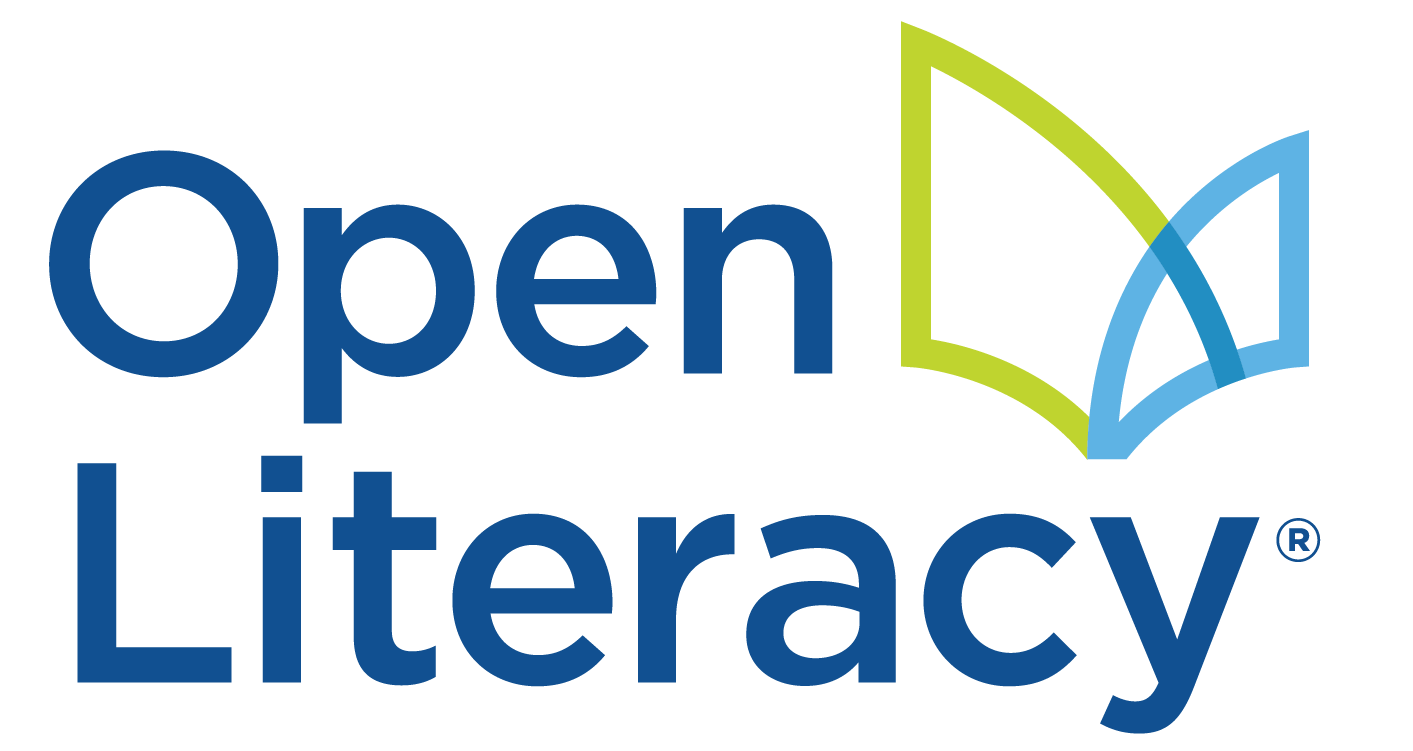Three Things Every Elementary School Reader Should do When School is Closed
So, if you and your children are stuck at home during Covid-19 and you don’t know where to start, here are 3 quick things every child should do everyday to maintain (and maybe even build) literacy skills!
Read everyday
It doesn’t matter what a child reads – relatively easy books, comic books, magazines, even audio books! (Though I recommend that the child follow along with a printed copy while listening). All of these are going to help your child’s development as a reader in different ways, and they all have value. While structured school time often limits choice, this is an awesome opportunity to emphasize choice. Podcasts are another great way to expand vocabulary and broaden children’s knowledge about different topics.
Write a dictated sentence daily
Sure...having children write their own sentences in a journal is ideal, but sometimes getting children to write is difficult when they aren’t in a structured classroom setting and you are trying to juggle working full time, from home!
There's clear evidence that writing every day is one way for children to keep their writing skills fresh while also having them work on mapping sounds to words – the same thinking work that happens when decoding words. The writing session doesn't have to be very long! Having a child write even a single sentence each day can go a long way towards maintaining writing skills. Dictating a sentence -- saying aloud the words you want the child to write - is a powerful practice. The dictation can be focused on something related to what is happening in the child’s life. For example, if you and your family are planning to take a (socially-distanced) walk to the park, you might dictate, “Today we are going to the park.” After the child writes the dictated sentence, if there are several errors, pick ONE area to correct – and that’s it. One focus correction area keeps the task relatively positive and allows you to give clear, focused feedback. Correct the child by modeling (e.g., modeling the correct spelling) and then have the child correct that part of the sentence. Keep it light! You might say "Did you know that bike has an e on the end? You can't hear it! Here, let me show you". If there are other errors, don’t worry about them! Try to incorporate that word or feature in the next day’s sentence. If the child’s writing has no errors, make the sentence the next day more difficult by including more difficult words, punctuation, or even dialogue.
Practice Sight Words
Practicing sight words is a great way to maintain reading skills during this school hiatus. A sight word is a word that a child recognizes by sight, without having to sound it out. There are two reasons why sight words are an essential component of skilled reading: First, many of these words do not sound like their spellings might suggest, so "sounding them out" is unproductive. Second, knowing sight words enables efficient and accurate reading. Having to sound out every word is both inefficient and extremely frustrating. And it usually means losing the speed and fluency that is necessary for determining the author’s message. The sight word list I recommend for kindergarteners is the Dolch list because the words are geared a little more for preschool and kindergarten. For children in first grade and above, I recommend the Fry list of 1,000 words. These sight word lists contain the most common words that are found in children's books. I’ve made both lists available to you for free. Download them here: PDF
Focusing on these three things will allow any child to hit the ground running when school begins again.
Never miss a post!
Follow us on Instagram and Facebook
Have a literacy question you’d like answered? EMAIL US
Return to BLOG HOME
